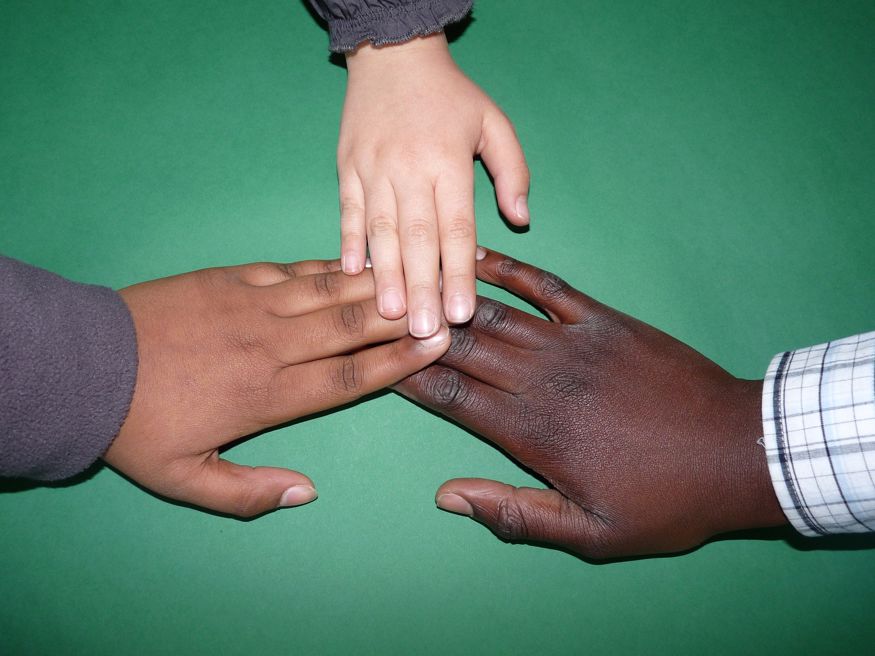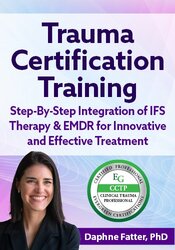Enrol in an online course today for flexible, self-paced learning—no fixed schedule required. Plus, enjoy lifetime access to course materials for convenient revisiting.
Co-Regulation: Helping Grown-ups Keep it Together When a Child is Falling Apart

We are hardwired, thanks to evolution, to need other people on whom we can depend, people who are reliably there for us when we feel inconsolable and only their comfort will do. Over the whole life span, we calm when someone special says to us through word and presence, “I am here. You are not alone. You don’t have to do this by yourself”. This emotional availability is fundamental to healthy development. Indeed, our brains don’t distinguish between emotional and physical isolation: we experience both as danger.
The business and pleasure of being present for someone who needs us begins the moment a baby is born. As parents, therapists, and educators, there are good reasons for us to make a commitment to it. Arguably, an important part of these jobs is being emotionally available and sufficiently regulated for the kids in our lives over the many years that follow, even – as I am discovering as a parent and long-term therapist – well into their adulthood. Our capacity to ‘be there’ when children feel distressed today offers both the actual experience and a future model for how to calm down that they will rely on for the rest of their lives.
The only way babies and children learn how to self-soothe is by having an abundance of experience with the reassuring engagement of a grounded and caring adult. They simply can’t regulate without it. Ideally, parents pick up their wailing infants and hold them over and over – and over – again. Only through sufficient repetition will a baby who has fallen apart start to learn what it feels like to be held and to become regulated.
After a while, the embrace might not always need to be this physical; when kids get older, they’ll feel ‘held’ by a calm and empathic presence, too. They can get better at self-regulating but only after they really have the experience of being regulated. When babies don’t get this holding and handling early on, they need it all the more from other caring adults in their lives. Kids with tough attachment histories can earn greater felt security over time with a teacher, mentor, or therapist who provides the safe haven and secure base they didn’t experience earlier in their lives.
And since self-soothing develops through relationships and neuromaturation, adults really are supposed to be better at it than kids. But it’s a universal truth that, whether we are five or 65, we also all need dependable and responsive people in our lives. Self-regulation is, indisputably, a fine skill to learn. But so is asking for help when we can’t calm ourselves down – and believing someone will be there to provide it.
It is not a goal for children – or for us – to become entirely independent or self-reliant. It might be helpful to think of attachment theory in a broader context, as co-regulation theory. When we are present and attuned, holding the intention to remain engaged, we have a remarkable capacity to cool a hot-button interaction. And, as everyone probably knows, we will escalate a conflict if we forget, even temporarily, that we are the only one in the fray with a fully formed adult brain.
It is hard be the grown-up in the room all the time and none of us manage it perfectly. But here’s the thing: adults who live and work with children are their co-regulators. And it should be a lot easier for us than for our kids to behave like reasonable adults. It can be tempting to give in to our inner five-year-old, but it’s better for everyone if we don’t. And when we are able to maintain that cool, calm, and connected adult presence, we also give children the more enduring gift of knowing they can depend on our support when it’s just too hard for them to go it alone.


















